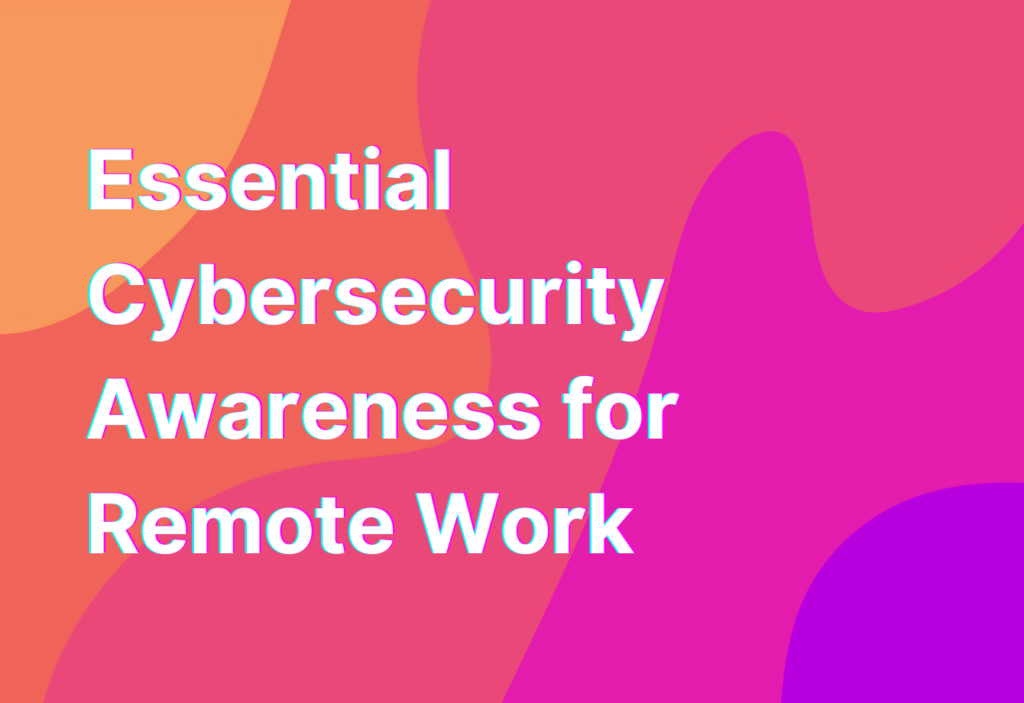Essential Cybersecurity Awareness for Remote Work
Hey there, remote workers! It’s Ashley, your friendly neighborhood remote work advocate, here to talk about a topic that is near and dear to my heart: cybersecurity awareness. As someone who has been working remotely for the past 10 years in the tech industry, I’ve seen firsthand the importance of staying vigilant when it comes to protecting our digital assets. So, grab your favorite cup of coffee and let’s dive into the world of cybersecurity!
Why is Cybersecurity Awareness Important?
Cybersecurity awareness is crucial for remote workers because, let’s face it, we’re often the target of cybercriminals. With the rise of remote work, hackers have found new opportunities to exploit vulnerabilities and gain unauthorized access to sensitive information. By being aware of the potential risks and taking proactive measures to protect ourselves, we can minimize the chances of falling victim to cyberattacks.
Top Cybersecurity Tips for Remote Workers
Now that we understand the importance of cybersecurity awareness, let’s explore some practical tips to keep ourselves and our work safe:
- Use Strong and Unique Passwords: I know, I know, remembering multiple passwords can be a pain. But trust me, it’s worth it! Using strong and unique passwords for each of your accounts can significantly reduce the risk of unauthorized access. Consider using a password manager to help you keep track of all those passwords.
- Enable Two-Factor Authentication (2FA): Adding an extra layer of security to your accounts with 2FA can make it much harder for hackers to gain access. Whether it’s through SMS, email, or an authenticator app, make sure to enable 2FA whenever possible.
- Keep Your Software Updated: Software updates often include important security patches that address known vulnerabilities. Make it a habit to regularly update your operating system, applications, and antivirus software to stay protected.
- Beware of Phishing Attempts: Phishing emails and messages are a common tactic used by cybercriminals to trick unsuspecting individuals into revealing sensitive information. Be cautious of suspicious emails, links, and attachments, and never share personal or financial information unless you’re absolutely sure of the source.
- Secure Your Home Network: Your home network is the gateway to your digital world. Make sure to change the default password on your router, enable network encryption (WPA2 or higher), and regularly check for any unauthorized devices connected to your network.
The Importance of Data Classification
One aspect of cybersecurity that often gets overlooked is data classification. By categorizing data based on its sensitivity and value, we can implement appropriate security measures to protect it. For a more in-depth look at data classification and its role in remote work cybersecurity, check out this Data Classification article on Remote Teamer.
Wrapping Up
As remote workers, it’s our responsibility to stay informed and proactive when it comes to cybersecurity. By following these essential tips and being aware of the potential risks, we can create a safer digital environment for ourselves and our work. Remember, cybersecurity is a team effort, and together, we can keep our remote workspaces secure!


